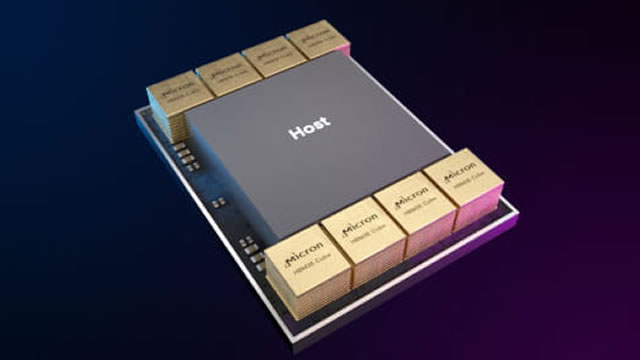Scinai Immunotherapeutics: A New Milestone in the Development of Pincell’s Monoclonal Antibody, PC111
March 27, 2025
Scinai Immunotherapeutics Ltd. (Nasdaq: SCNI), a leading biopharmaceutical company specializing in inflammation and immunology (I&I) biological products and CDMO services through its Scinai Bioservices unit, recently took a significant step forward in the development of Pincell srl’s monoclonal antibody, PC111. The company entered into a binding option agreement for the acquisition of Pincell srl.
PC111: A Potential Solution for Pemphigus, Steven Johnson’s Syndrome (SJS), and Toxic Epidermal Necrolysis (TEN)
PC111 is a monoclonal antibody in development for treating various inflammatory diseases, with a primary focus on Pemphigus, Steven Johnson’s Syndrome (SJS), and Toxic Epidermal Necrolysis (TEN). These conditions are severe, life-threatening autoimmune diseases that result in the destruction of the skin and mucous membranes. Pemphigus and SJS/TEN are characterized by the formation of blisters and detachment of the skin, leading to extensive tissue damage.
Orphan Drug Designation and Filing for Regulatory Approvals
PC111 has already received an Orphan Drug Designation from the European Medicines Agency (EMA) for the treatment of Pemphigus. Scinai plans to file applications with both the FDA and the EMA for Orphan Drug and Breakthrough Designation in Pemphigus, as well as in SJS/TEN.
Accelerated Approval: A Possibility Given the Severity and Lack of Effective Treatments
Scinai sees potential for accelerated approval for PC111 given the severity of these diseases and the lack of effective alternative treatments. The innovative, non-immunosuppressive mode of action of PC111 sets it apart from existing therapies, offering hope for patients suffering from these debilitating conditions.
Impact on Individuals
For individuals diagnosed with Pemphigus, Steven Johnson’s Syndrome, or Toxic Epidermal Necrolysis, the development of PC111 could bring about a significant improvement in their quality of life. These conditions can be life-threatening and debilitating, leaving patients with extensive tissue damage and the need for extensive medical care. PC111’s non-immunosuppressive mode of action could provide an effective treatment option with fewer side effects, allowing patients to recover more quickly and live more comfortably.
Global Impact
The development of PC111 and its potential approval for the treatment of Pemphigus, Steven Johnson’s Syndrome, and Toxic Epidermal Necrolysis could have a profound impact on the global healthcare landscape. These conditions affect thousands of individuals worldwide, and there is a significant unmet need for effective treatments. The availability of PC111 could lead to improved patient outcomes, reduced healthcare costs, and a better quality of life for those affected.
Conclusion
Scinai Immunotherapeutics’ acquisition of Pincell srl and the ongoing development of PC111 mark an exciting new chapter in the quest for effective treatments for Pemphigus, Steven Johnson’s Syndrome, and Toxic Epidermal Necrolysis. With its innovative, non-immunosuppressive mode of action, PC111 offers hope for individuals suffering from these debilitating conditions, and could significantly impact the global healthcare landscape by providing an effective treatment option with fewer side effects.
- Scinai Immunotherapeutics enters into a binding option agreement for the acquisition of Pincell srl.
- PC111 is a monoclonal antibody in development for treating Pemphigus, SJS, and TEN.
- PC111 has already received an Orphan Drug Designation from the EMA for Pemphigus.
- Scinai plans to file applications for Orphan Drug and Breakthrough Designation for PC111 with both the FDA and EMA.
- PC111’s non-immunosuppressive mode of action sets it apart from existing therapies and offers hope for individuals suffering from these debilitating conditions.
- The development of PC111 could lead to improved patient outcomes, reduced healthcare costs, and a better quality of life for those affected.





